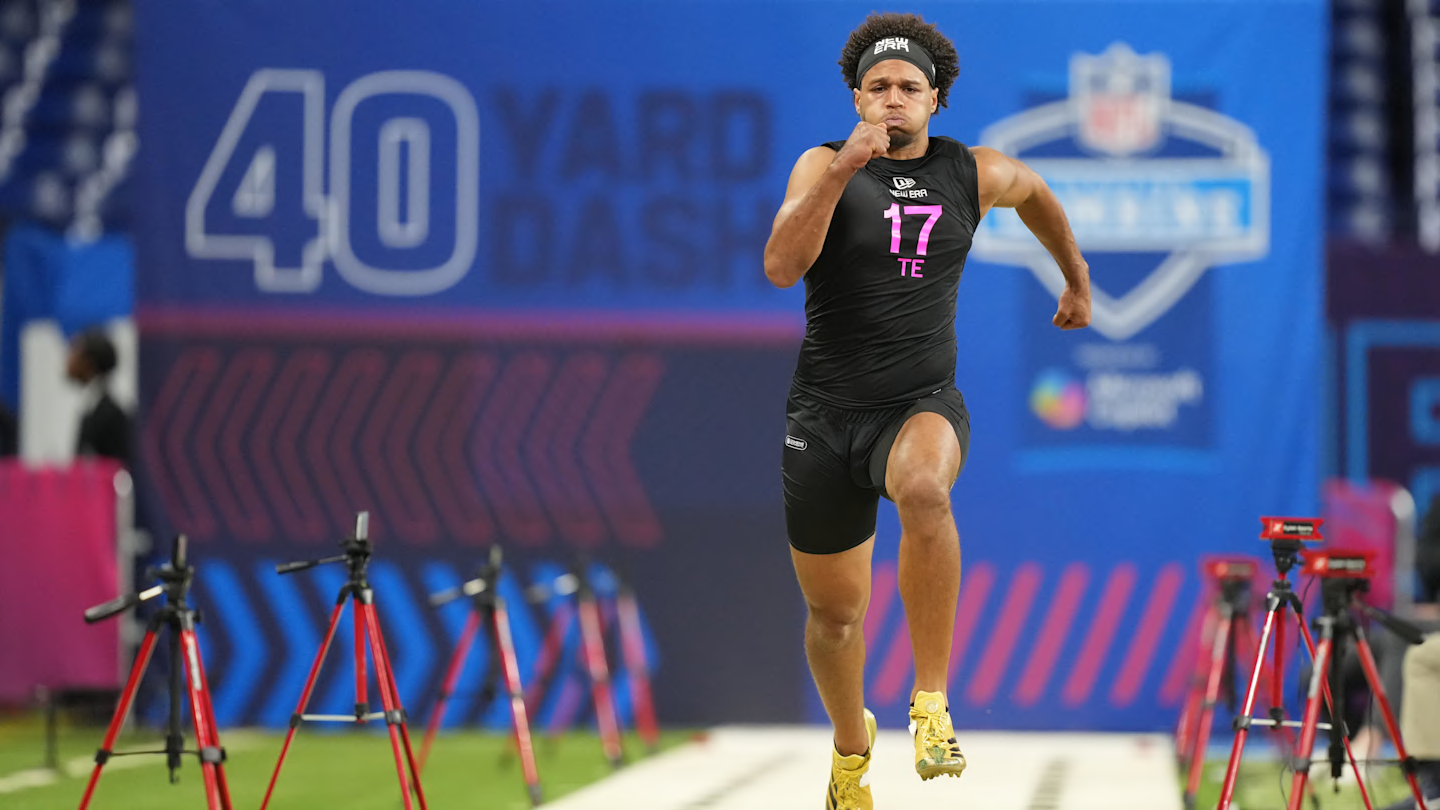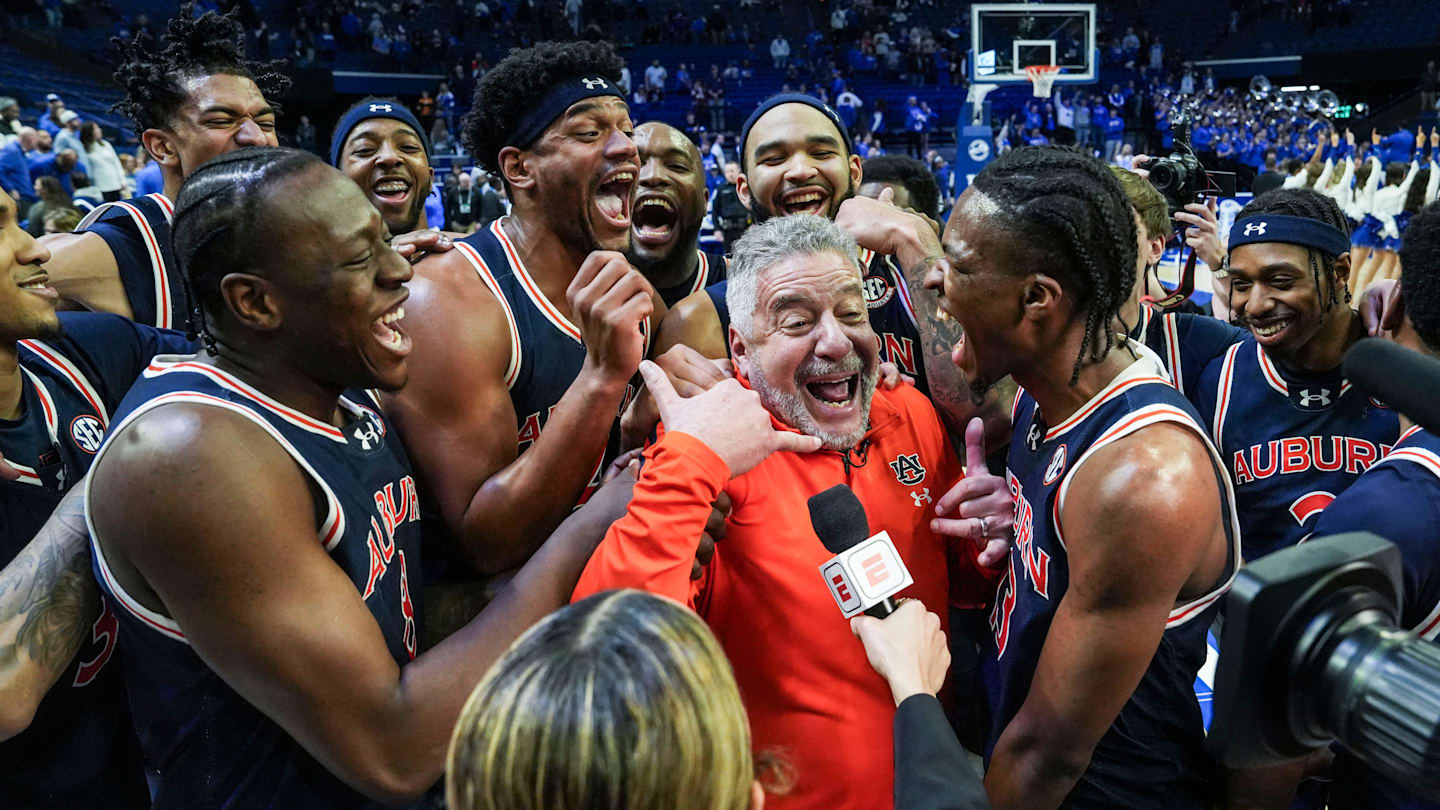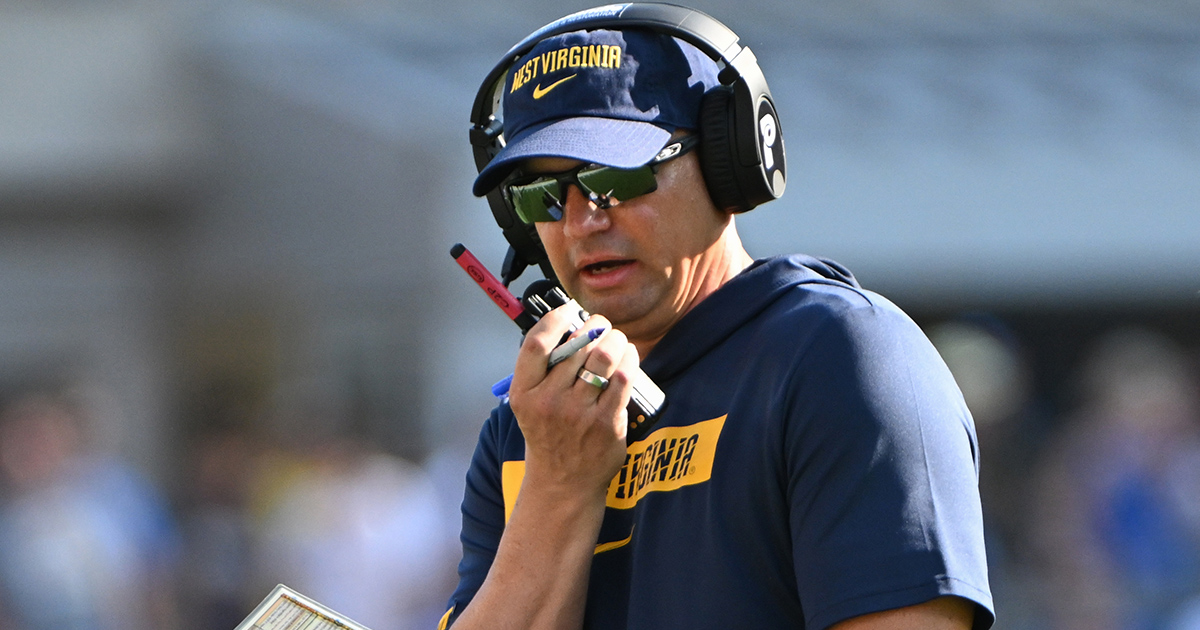NFL Schedule Creep Is Getting Out Of Control | Defector

The NFL season already takes over three days of the week: Sunday, Monday, and Thursday. Toward the end of the regular season, the league sprinkles in a couple of Saturday games, when there’s less college football to compete with. This year, Week 17 is practically inescapable, with games scheduled on five different days. The slate of standalone NFL games evokes the same queasy feeling that comes with overpaying for a delivery of a burger and fries: pure excess, instant regret afterward. Maybe that’s why Uber Eats advertises during Sundays.
The Week 17 schedule began with two NFL games on Christmas, which fell on a Wednesday, and ran against the NBA’s traditional marquee schedule. These games, broadcast by Netflix for the first time ever and watched by a dubious number of viewers, cost the streaming service approximately $150 million, part of a three-year deal that will include at least one Christmas game in 2025 and 2026 apiece. Netflix’s doubleheader involved four teams that all played the previous Saturday, meaning these unlucky AFC squads had to play three games within 11 days as they tried to remain intact until the playoffs. NFL action on a Wednesday is already unnatural and gross, but the Christmas games were both lopsided: The Kansas City Chiefs beat the Pittsburgh Steelers, 29-10; the Baltimore Ravens beat the Houston Texans, 31-2.
The NFL has treated the back-to-back Super Bowl champions as its golden goose, scheduling games for the Chiefs this season on six different days of the week. While these were planned long before Kansas City quarterback Patrick Mahomes rolled his ankle in Week 15, it’s still a shortsighted way to treat his title-winning team, as well as the other three contending for a championship. When asked after the Chiefs’ Week 16 victory whether the scheduling crunch was too much, head coach Andy Reid avoided getting himself in trouble. “Ah, that’s a tough question,” he said. “I’ll let you figure it out there, or you can pay my [fine].”
But the quality of competition was of little importance to Netflix. These games were intended to be the equivalent of a missile test: a way for a streaming service to promote its own programming to an NFL-sized audience and display its capabilities to the competing broadcast networks, even if CBS Sports actually handled the production. Also, Beyoncé showed up for a halftime performance, so that brought in a lot of mainstream attention.
Wednesday’s games were followed by the regular Thursday night showdown, this week between the Seattle Seahawks and Chicago Bears. Seattle won 6-3 in a game that featured no touchdowns, second-half scoring, or reason to watch unless you ran out of melatonin. Coincidentally, this was the second Thursday night game within the past three weeks to feature only field goals, the first being a 12-6 scorcher in which the Los Angeles Rams beat the San Francisco 49ers. Amazon Prime Video paid billions of dollars for this: sloppy football on short rest.
All three of Saturday’s games were broadcast on NFL Network. The day began with the Los Angeles Chargers’ 40-7 blowout of the New England Patriots, and concluded with the Los Angeles Rams’ 13-9 win over the Arizona Cardinals, a game that was tight until the end but spiritually felt like it deserved no more than a 6:51 p.m. check-in on NFL RedZone. In between those two stinkers was a genuinely compelling matchup between the Denver Broncos and Cincinnati Bengals, even if both Sean Payton and Zac Taylor coached the end of that one like they were trying to get fired. It didn’t feel like a coincidence that the teams with the most rest had the most competitive pre-Sunday games (three straight bye weeks wouldn’t have helped the Patriots beat the Chargers).
I understand why shitty football is stretched out across five days at this time of year. The NFL reliably gets ratings, and various companies are willing to pay for a piece, whether in broadcasting or advertising. Along with an increase in attention, these “island games” see an increase in gambling, because they’re the only thing to watch. Nonetheless, that doesn’t make them watchable.
The Christmas showcase, the Black Friday game, the doubled-up Monday Night Football experience, the possibility of RedZone introducing commercials—the NFL realized that it didn’t have to stick to three days per week, and it could be as ubiquitous and greedy as it wants. As a result, the penultimate week of the regular season—a crucial period in which teams are jockeying for playoff position—has turned into a slog. The football season is already attritive by nature, and especially so with this much short rest for some of the best teams in the league. But since it all brings in loads of money, it won’t be long before the NFL takes inspiration from the COVID seasons and schedules games for Tuesdays, too. The league can make sure to fit in some commitments to player safety among all the commercials it sells.
Related
2025 NFL mock draft: Bears land top offensive lineman at…
The Chicago Bears have some important needs to address this offseason, including in the trenches on both sides of the ball. They have plenty of resources to do
3 NFL Combine TEs to Cross Off Broncos’ ‘Joker’ List
The Denver Broncos' search for a mismatch tight end is an open secret. Sean Payton calls it ‘joker,' but not every tight end in the 2025 NFL draft class fits
2025 NFL free agent rankings: Top 25 overall players, including…
The 2024 Philadelphia Eagles' offseason will largely be remembered for one thing, and that's signing Saquon Barkley. That was crucial in the team winning Super
Jimmy Johnson retires from Fox Sports after 31 years: ‘I’m…
See Saquon Barkley celebrate with Eagles ball boy at victory paradePhiladelphia Eagles running back Saquon Barkley pulls a ball boy from the crowd to join the t











